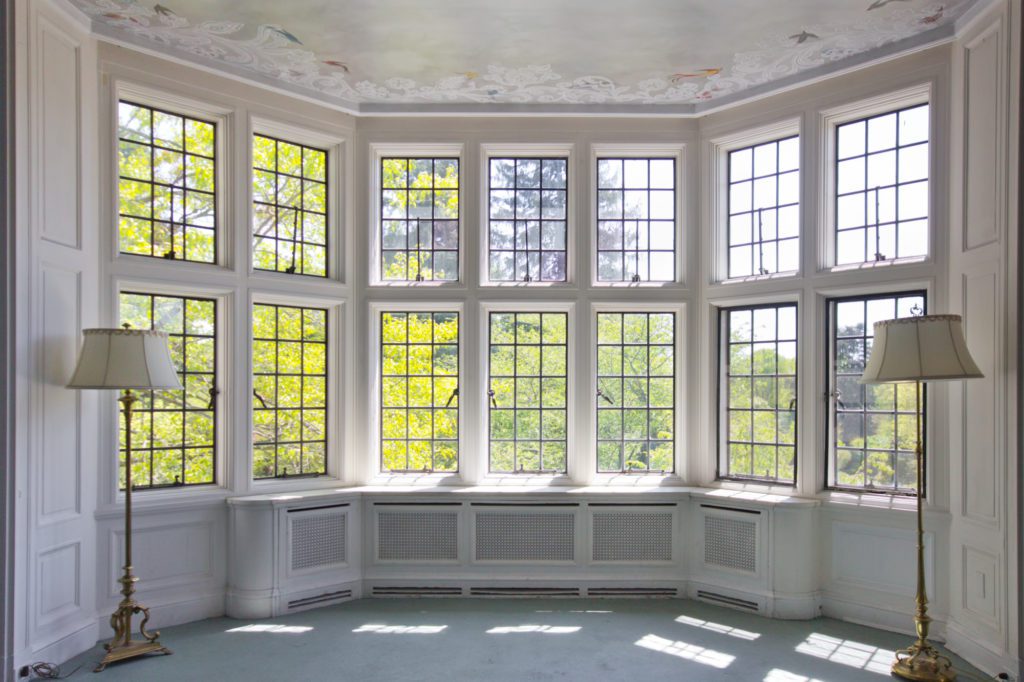
Window Replacements 101: A Beginner’s Guide to Saving Money on Bills
The cost of living is on the rise and everyone is looking for ways to save money. One of the most effective ways to do so is by reducing your energy bills. If you’re a homeowner, you’ll know that energy bills can make up a significant portion of your monthly expenses. Fortunately, there are various measures that can help you save money on your bills, and window replacements are one of them. In this blog, we’ll explore how window replacements can help you save money and provide a beginner’s guide to the process.
Why Window Replacements?
The windows in your home play a crucial role in maintaining energy efficiency. Windows can be responsible for up to 25% of your home’s heat loss, which can have a significant impact on your energy bills. Old or damaged windows can also allow air leakage, leading to drafts and further energy loss. By replacing your windows, you can improve your home’s energy efficiency and reduce your energy bills.
Types of Window Replacements:
There are various types of window replacements available on the market, and it’s important to choose the one that’s right for your home. Some of the most popular options include:
- Single-Hung Windows: These are the most common type of windows and consist of two sashes, one fixed and one movable.
- Double-Hung Windows: These windows are similar to single-hung windows but have two movable sashes.
- Casement Windows: These windows have a hinge on one side and open outwards with a crank.
- Awning Windows: These windows are hinged at the top and open outward from the bottom.
- Sliding Windows: As the name suggests, these windows have two panes that slide horizontally along tracks.
Before you start your window replacement project, it’s important to do your research. Make sure to compare different types of windows and their features, as well as their energy efficiency ratings. You should also determine the size, shape, and style of the windows that best suit your home.

How Can Proper Window Replacements Save You Money on Bills?
Proper window replacements can save you money on bills in a number of ways. Windows play a critical role in the energy efficiency of your home, and old or poorly functioning windows can contribute significantly to higher energy costs. By upgrading to newer, more energy-efficient windows, you can reduce your energy consumption, lower your utility bills, and enjoy a more comfortable living space. Here are some of the ways that proper window replacements can save you money on bills:
Reduced Energy Consumption:
Older windows may be drafty, leaky, or not properly insulated, which can allow heat to escape during the winter and cool air to escape during the summer. This means that your heating and cooling systems have to work harder to maintain a comfortable temperature, which can lead to higher energy bills. Newer, more energy-efficient windows are designed to minimize heat loss and gain, which can help to reduce your energy consumption and lower your bills.
Improved Insulation:
Energy-efficient windows are typically made with multiple panes of glass, with insulating gas between them, to create a barrier against heat transfer. They may also have a low-emissivity (low-E) coating that reflects infrared radiation, keeping your home cooler in the summer and warmer in the winter. These features help to improve the insulation of your home, reducing the amount of energy needed to heat or cool it.
Better Air Quality:
Proper window replacements can also improve the air quality inside your home. Older windows may have gaps or cracks that allow outside pollutants, such as dust, pollen, and mold spores, to enter your home. Upgrading to new windows with tighter seals can help to keep these allergens out, which can improve the air quality and reduce the need for air purifiers or other air-cleaning systems.

Increased Home Value:
Finally, proper window replacements can increase the value of your home, making it more attractive to potential buyers if you decide to sell in the future. Energy-efficient windows are a desirable feature for many homebuyers, as they can help to reduce energy costs and improve comfort. By investing in new windows now, you can save money on bills in the short term and potentially recoup some of your investment when you sell your home later.
In summary, proper window replacements can save you money on bills by reducing your energy consumption, improving insulation and air quality, and increasing the value of your home. If you’re considering upgrading your windows, be sure to choose energy-efficient models that are appropriate for your climate and home design. A professional window installer can help you choose the right windows and ensure that they are properly installed for maximum energy savings.
The Average Cost of Replacement Windows
Now that you have a clear understanding of how replacement windows can save you money it’s important to understand what you can expect to pay. The cost of replacement windows can vary widely depending on a number of factors, including the type of window, the size of your home, and the level of energy efficiency you’re looking for. Here are some key factors to consider when estimating the average cost of replacement windows:
Window Type
Choosing the right type of replacement window can have a significant impact on the overall cost of the project. Some common window types, such as the ones mentioned above, include:
- Single-hung windows
- Double-hung windows
- Casement windows
- Sliding windows: These windows slide horizontally and are ideal for homes with limited space.
The cost of each type of window will vary based on factors such as the materials used, size, and level of energy efficiency.

Window Size
The size of your windows will also impact the cost of replacement. Larger windows typically cost more than smaller ones, as they require more materials and labor to install.
Energy Efficiency
If you’re looking to save money on your energy bills over the long term, it’s worth investing in energy-efficient windows. These windows are designed to minimize heat loss and gain, which can reduce your heating and cooling costs. However, they may also cost more upfront than standard windows.
Average Cost of Replacement Windows by Material
Here is a breakdown of the average cost of replacement windows by material:
- Vinyl windows: $300-$700 per window
- Wood windows: $800-$1,000 per window
- Fiberglass windows: $500-$1,500 per window
- Aluminum windows: $600-$1,200 per window

It’s important to note that these prices are estimates and can vary based on a variety of factors, including the size and type of window, the level of energy efficiency, and the complexity of the installation.
Additional Costs to Consider
In addition to the cost of the windows themselves, there are a number of additional costs to consider when replacing your windows. These can include:
- Installation: Professional window installation can cost anywhere from $150 to $1,000 per window, depending on the complexity of the job and the contractor you choose.
- Window Frames: If your current window frames are damaged or rotting, they may need to be replaced as well, which can add to the overall cost.
- Permits: Depending on where you live, you may need to obtain a permit before installing new windows, which can add to the cost of the project.
Replacing your windows can be a significant investment, but it can also provide a number of benefits, including improved energy efficiency, increased comfort, and higher home value. By understanding the factors that impact the cost of replacement windows, you can make an informed decision about what type of windows to purchase and how much to budget for the project. Be sure to work with a reputable contractor who can provide an accurate estimate and ensure that your windows are properly installed for maximum energy savings.


Leave a Reply